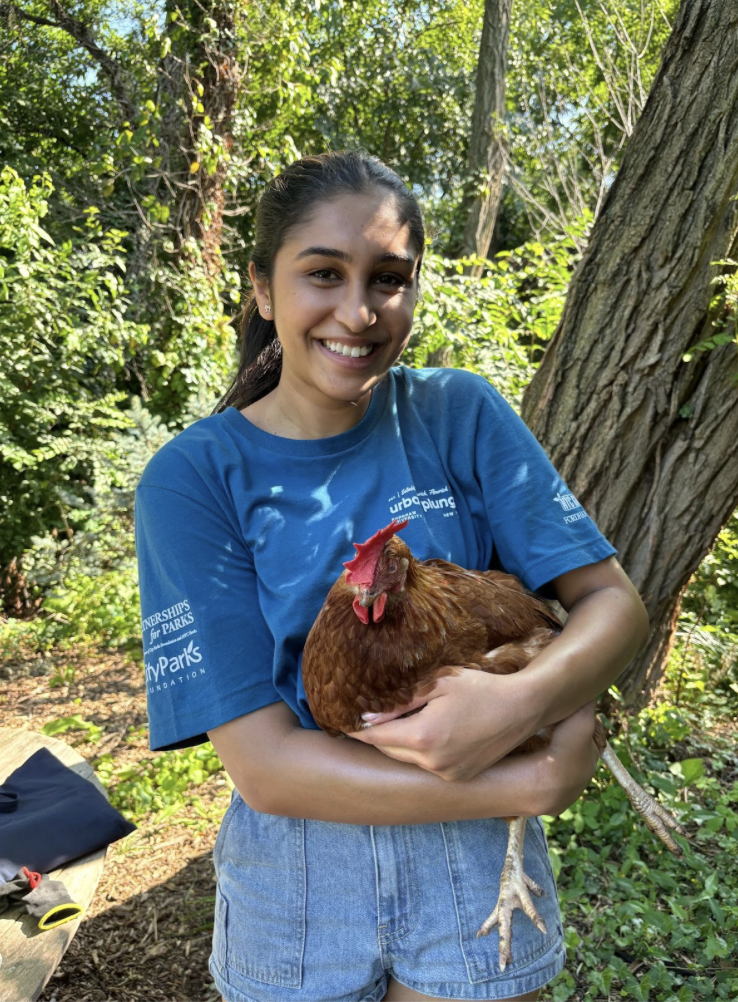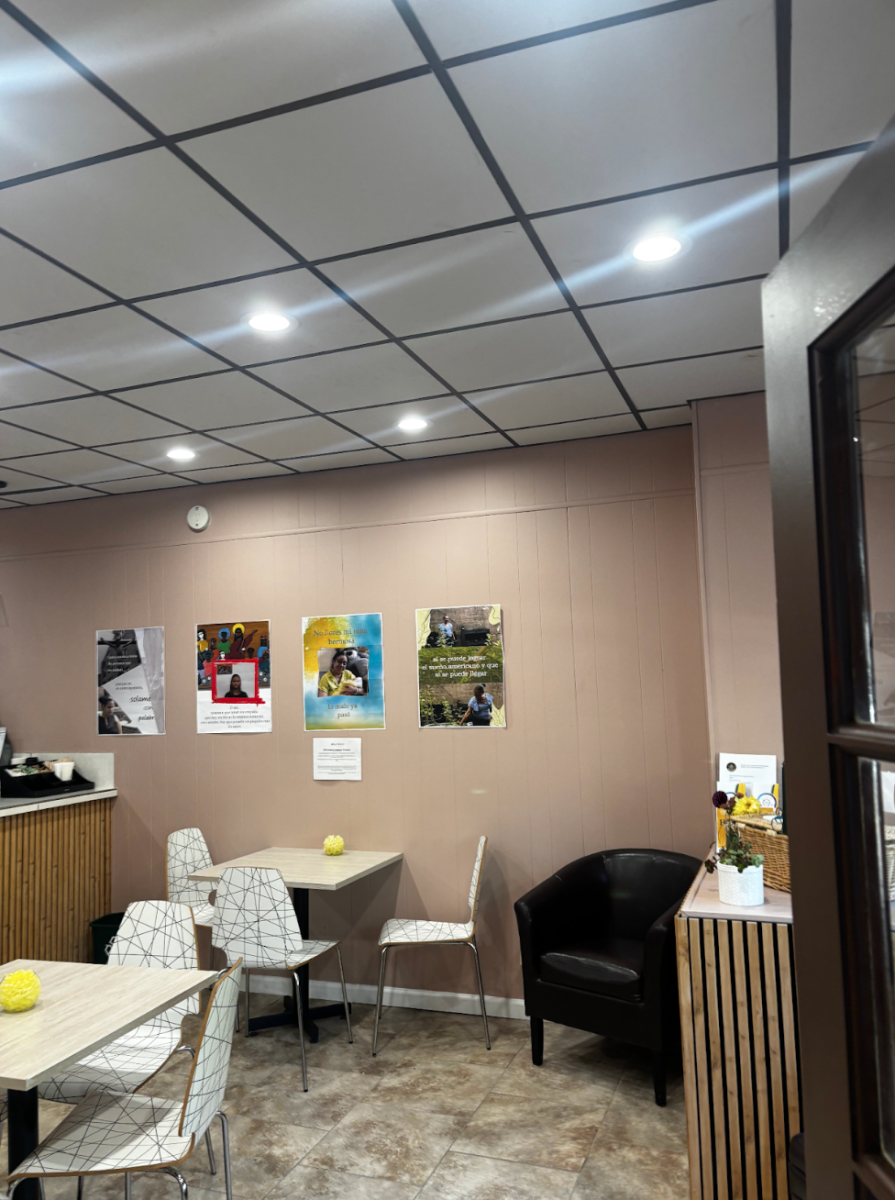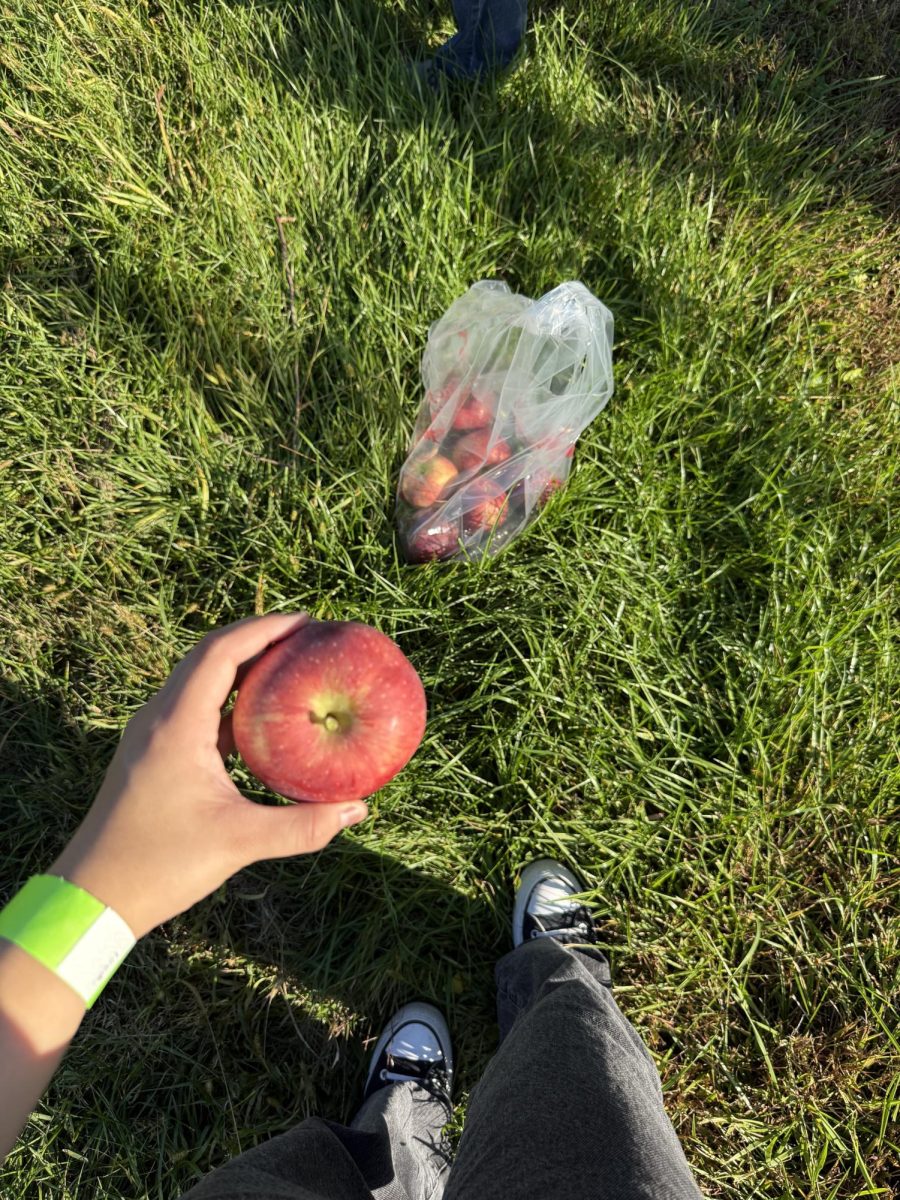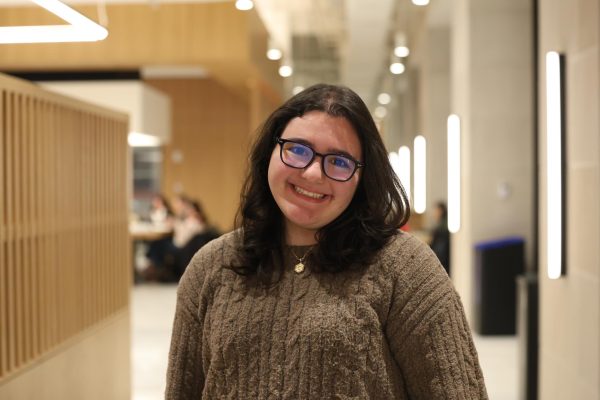When Rucha Kulkarni, FCRH ’27, started at Fordham University last fall, she found herself feeling all the emotions about beginning university 2,500 miles away from home. Kulkarni took to the drawing board to start up a new club called Happy Hopes that caters to providing students with resources regarding mental health and wellness.
“It’s a common experience for many first-years to feel isolated and feel like you don’t have any friends,” said Kulkarni. “I struggled with mental health in high school and that carried into college, so I wanted to bring more awareness of the resources available for students at Fordham who are struggling with their mental wellbeing.”
Happy Hopes is a group that’s part of the Social Innovation Collaboratory, an organization through Fordham that represents different communities on Fordham’s campus, such as community involvement, sustainability, political involvement and financial literacy.
Happy Hopes prioritizes making mental health resources more readily available, and encouraging students to form more clubs that focus on student mental health and wellness. They also put in effort for first-years to make more peer-to-peer connections, and fight the all-to-common feelings of isolation that first-year students experience.
“We wanted to bring awareness of the resources available on campus, such as Counseling and Psychological Services and Campus Ministry,” said Kulkarni. She said that she feels as if these groups are not well advertised to students as resources they can turn to and hopes that Happy Hopes can be a positive resource for students who need it.
Happy Hopes also holds numerous events on campus to promote mental health and wellness. Kulkarni stresses that these events are held in public spaces that make student involvement much more casual and fluid, because they aren’t required to sign up in advance. She strives to make people feel comfortable talking about mental health and having a place to de-stress on campus.
“We noticed a lot of students were struggling with mental health on campus, whether it be because of academics or social pressure,” Kulkarni said. “New York City is very fast paced, and sometimes it feels like you can never take a break. Even on campus, there’s always so much noise and you can’t take time for yourself. Being in a big city, rather than a traditional college town, impacts student mental health.”
As a psychology major, Kulkarni researched how contamination obsessive compulsive disorder presents differently in minority groups as part of her participation in the Fordham University Undergraduate Research Symposium. She found a lack of information regarding this illness in minority groups, and many confounding variables that stressed the importance of further research. This made her realize there is always more work to be done to ensure that students feel cared for on campus.
“I wish I had a club like this when I started at Fordham, that could guide me to talking with CPS and Campus Ministry,” said Kulkarni. “I hope that Fordham works to make mental health resources more readily available and encourage more ways for students to make more peer-to-peer connections.”
Students interested in engaging with Happy Hopes, either looking for resources or to help others, can follow them on Instagram at @happyhopesfordham.











































































































































































































